Zambia’s 2021 Elections: Implications for Social Cohesion
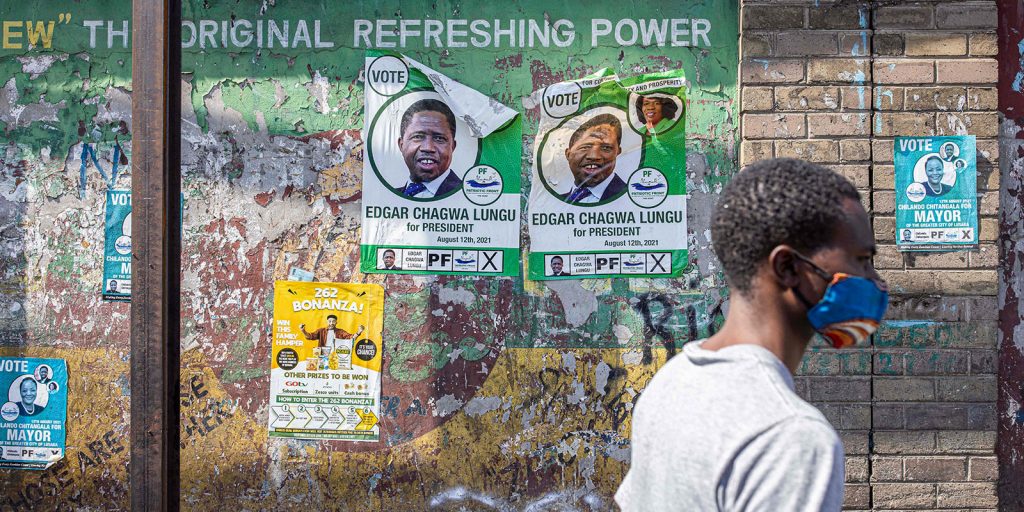
On 24 August 2021, Zambia’s seventh republican president, Mr. Hakainde Hichilema fondly known as HH of the United Party for National Development (UPND) was sworn in. While his ascent to power was a resounding triumph in the 2021 presidential elections, the canvassing was coarse. In addition to circumscribed political space to campaign, he was also a target of hate speech and tribal rhetoric from some political opponents. Although uttered within the ambit of electioneering, there are inescapable after effects especially in sustaining social cohesion.
#ZambiaDecides2021 What about ZimDecides2023?
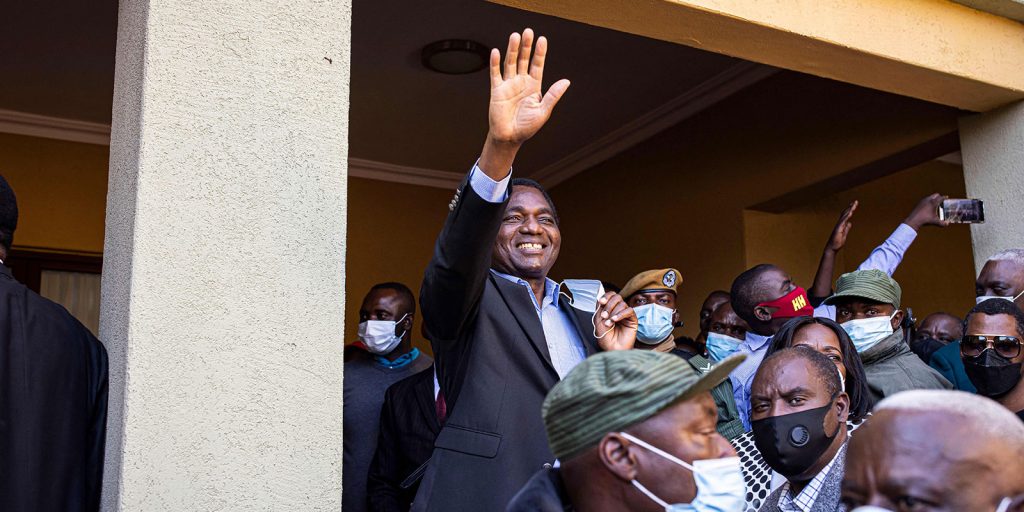
Zimbabwe’s reaction to the hashtag #ZambiaDecides2021 has been so poignant as to reflect the impression that the election had taken place in the country south of the Zambezi itself. Indeed, the parallels between Zambia and Zimbabwe are too close to call, especially on the electoral front in recent years.
The Effects of COVID-19 on the Rights, Protection, and Wellbeing of Children in Situations of Conflicts in Africa
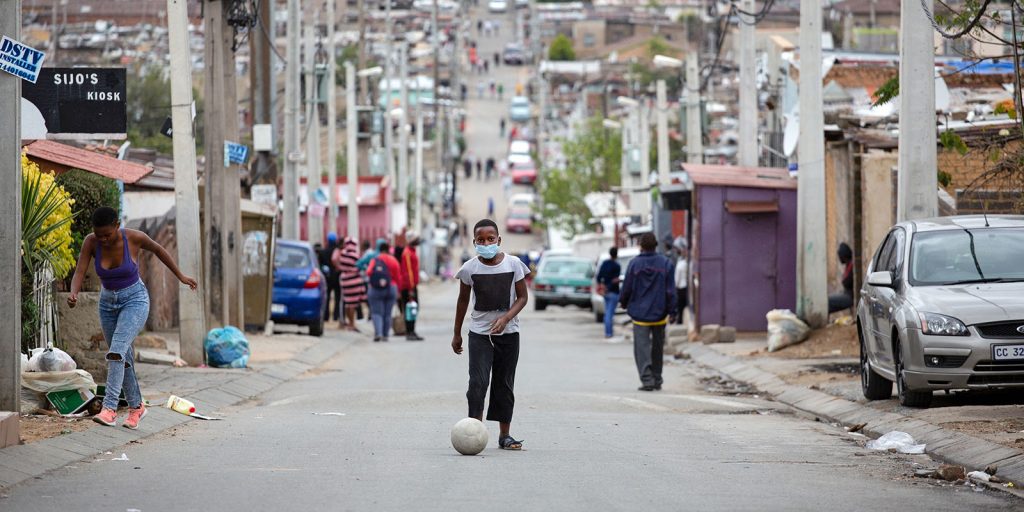
COVID-19 has ravaged and devastated economies, fracturing communities’ social safety and exposing individuals to unemployment, homelessness, a heightened sense of loneliness, a careless world, and mental health challenges. These effects of COVID-19, though the world over, have been felt even more in the Global South, especially in Africa. Unfortunately, the light touch of the first wave might have created a false sense of escaping for many African countries, robbing the continent of precious time to better prepare for subsequent waves.
South Africa’s Women’s Peace Table Calls for Peace and Security
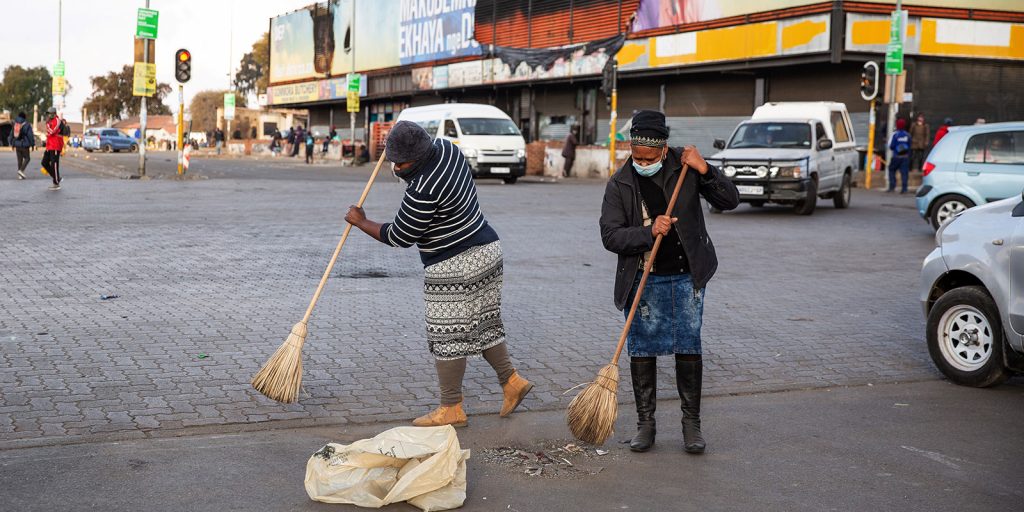
At a time of a health crisis, societal tensions, and social-political unrest in South Africa, now, more than ever, we need to bring a meaning to solidarity and put our hands and hearts together to explore how we can rebuild social cohesion and peace in a divided South Africa.
Third wave in Africa: state responses and impacts on state-societal relations
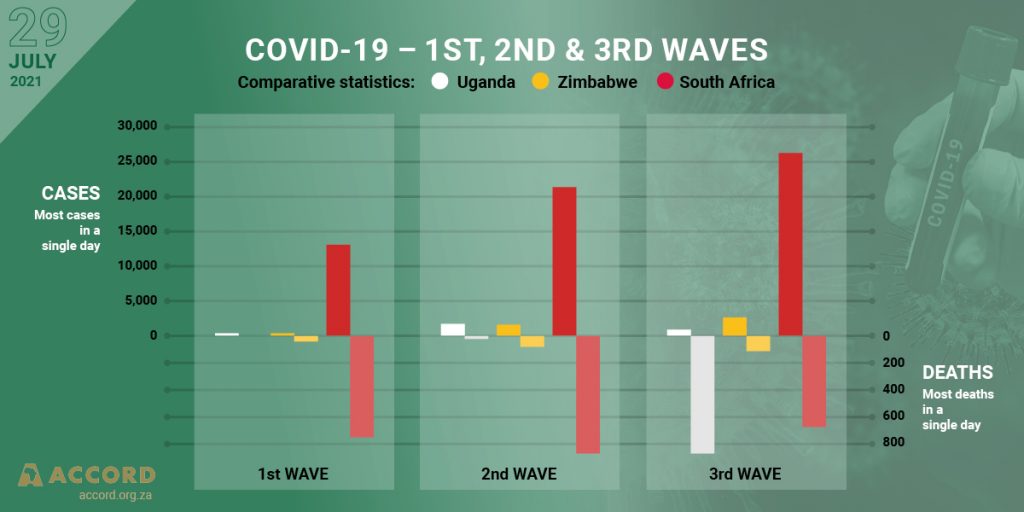
The world watched while India struggled with the COVID-19 Delta variant that was proving to be the most transmissible COVID-19 variant worldwide. It was only a matter of time before the African continent would have to face up to this more contagious variant too.
Child Labour, the Mining Sector, and COVID-19 in Central Africa Region: Findings and Possible Actions
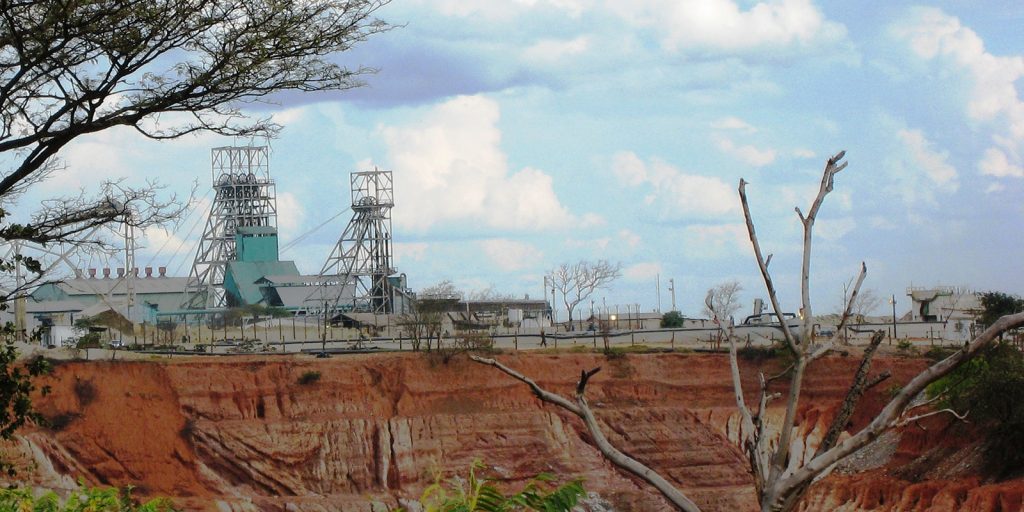
It was particularly pleasing for me, on the occasion of the International Year for the Abolition of Child Labour, Forced Labour and Trafficking in Persons, which Africa celebrated on 18 June 2021, to launch a reflection on child labour in Central Africa, particularly in the mining sector, and the influence of COVID-19 on this unfortunate scourge. The problem of child labour in the world, and particularly in Africa, is a major issue that deserves to be addressed with the utmost rigour and urgency.
Global Vaccine Politics and its impact on Africa – the case of Zimbabwe
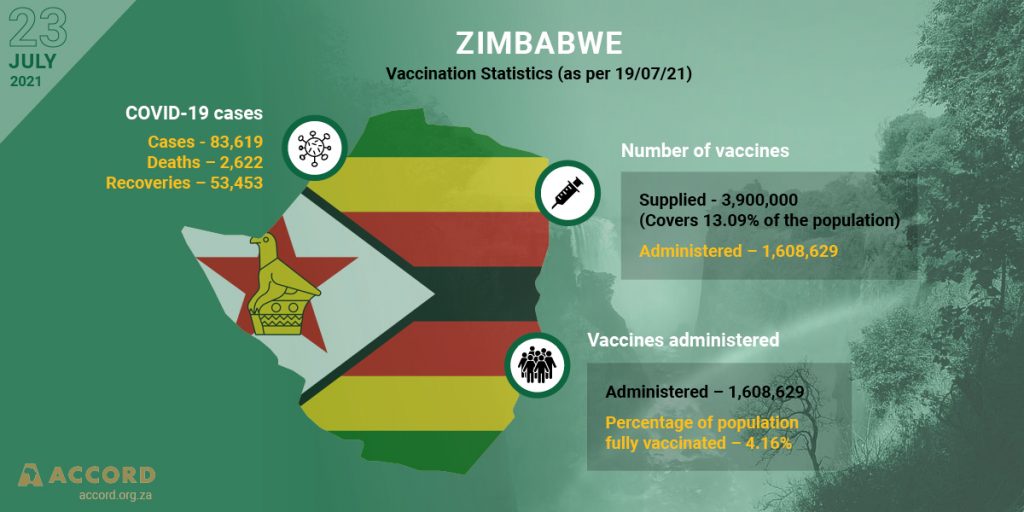
With new technologies and the evolution of medical science in the twenty first century, the COVID-19 vaccine was developed faster than vaccines for previous pandemics and epidemics. Vaccine nationalism, where some governments signed agreements with pharmaceutical manufacturers to supply their own populations with vaccines before they had become available for other countries, has led to the politicization of COVID-19 vaccines.
Water Resources and Inter-State Conflict: Legal Principles and the Grand Ethiopian Renaissance Dam (GERD)
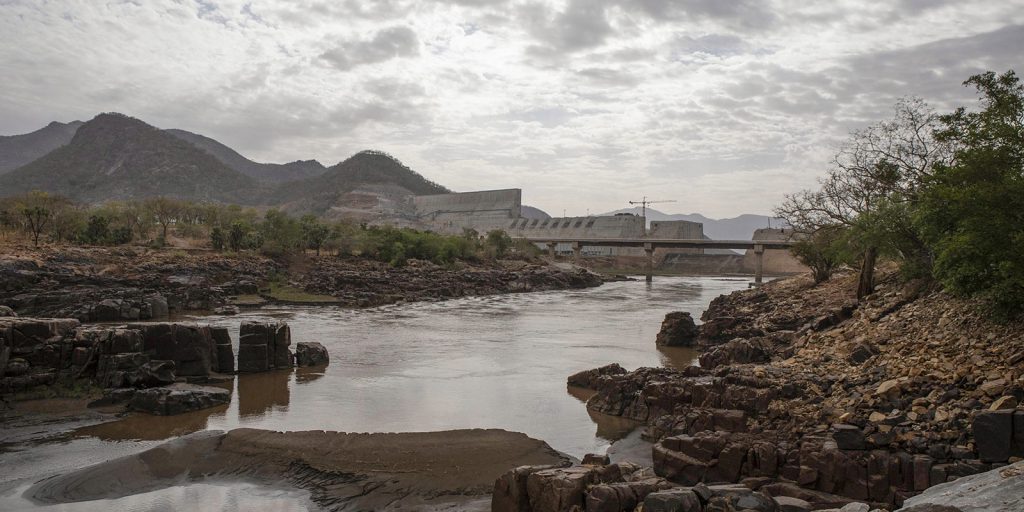
Amid the climate emergency, access to freshwater is a potential source of tension and conflict between states. One example of tension tied up to a transboundary watercourse is the on-going dispute between Egypt and Ethiopia over the water resources of the River Nile. A long-standing dispute between the countries has gained tension due to the construction of the Grand Ethiopian Renaissance Dam (GERD) by Ethiopia.
South Sudan: From war-torn to Regional Peacemaker
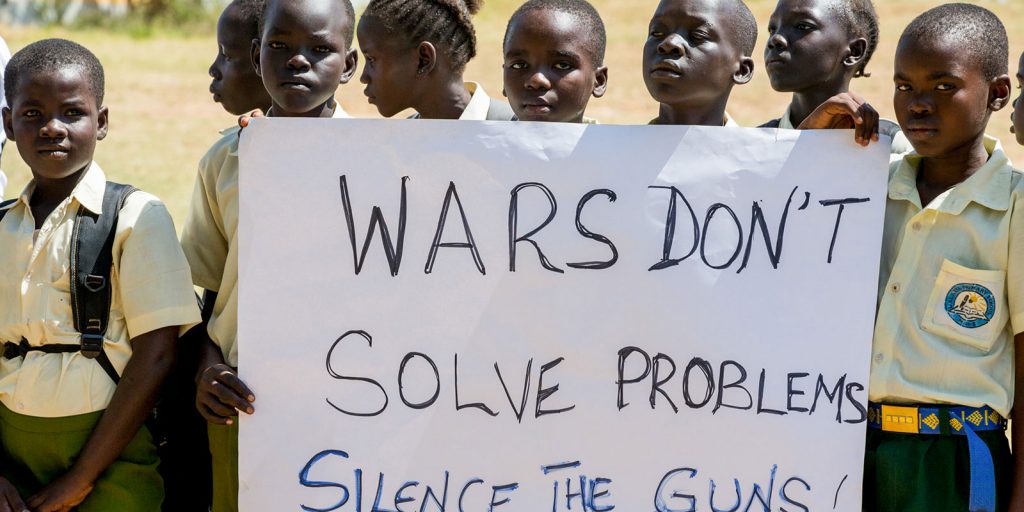
As South Sudanese celebrated the tenth anniversary of independence on 9 July, their ambitions to build a nation that they fought for and that many have scarified their lives for, have not yet been realized. Many challenges still undermine the nation building programmes and the people’s aspirations.
The United Nations Mission in South Sudan: Reflections and Future Priorities
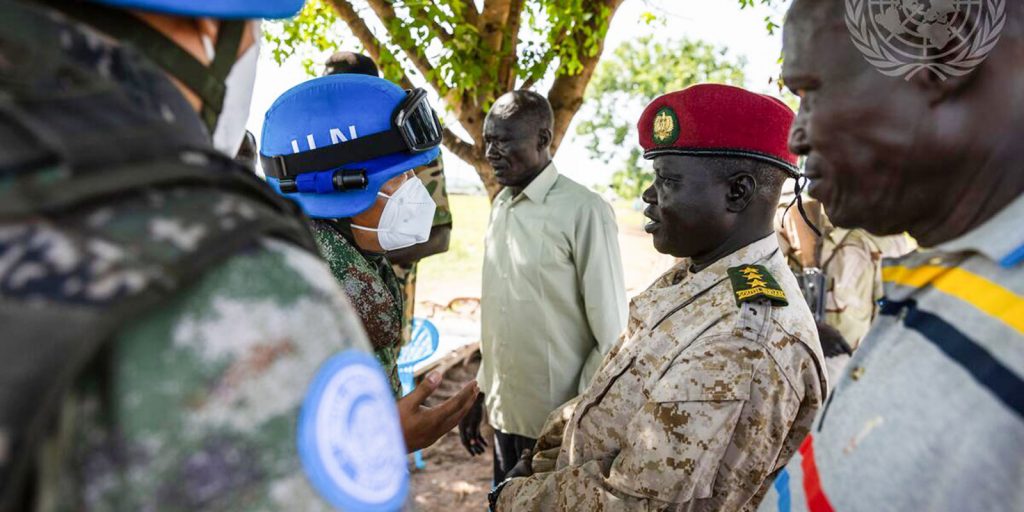
On 9 July 2021, South Sudan commemorated its 1o-year anniversary as an independent, sovereign state. The celebrations across the country were quiet. The exuberant scenes of 2011 gave way to pensive stocktaking as South Sudan emerges from a vicious cycle of civil war and a weakened economy brought to the brink by the COVID-19 pandemic. What has remained however is the resilience of the people of South Sudan, and their ability to look toward a future of peace, stability, and development. Their hope rests on the permanent ceasefire which has continued to hold since 2017, and the implementation of the Revitalized Agreement on the Resolution of the Conflict in the Republic of South Sudan (R-ARCSS), signed in 2018 following the breakdown of the previous peace agreement.
